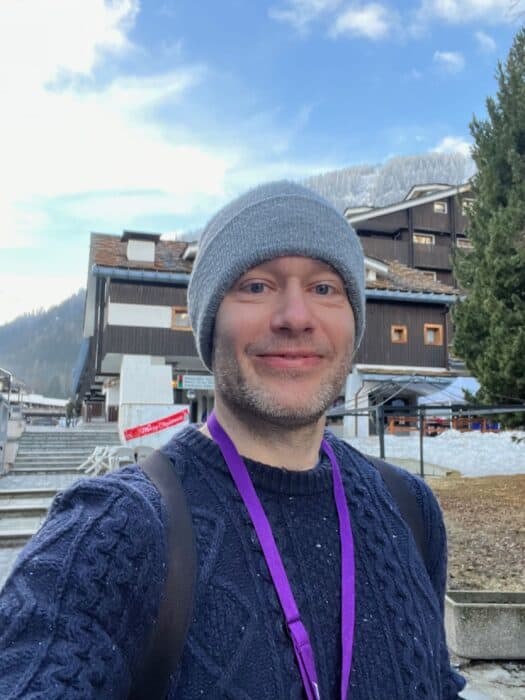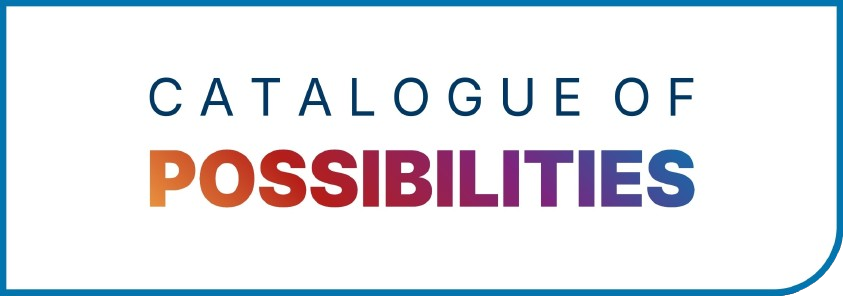Dr Christopher Messenger he/him

Senior Lecturer
Strategic Research Areas
I am a researcher at the University of Glasgow with a passion for developing new data analysis tools to better understand the universe through gravitational waves. My work focuses on extracting information from complex signals, and I’ve led the introduction of machine learning into gravitational wave astrophysics. I’m based in the Institute for Gravitational Research, which develops both instrumentation and analysis methods, contributing to international collaborations such as LIGO-Virgo-KAGRA and the future space-based mission LISA.
My research is inherently interdisciplinary. I’ve worked with colleagues in computer science, geophysics, and quantum computing, and I’m keen to build new collaborations—particularly with researchers in mathematics and computer science—to further enhance machine learning methods in our field. I’m also open to challenge-led partnerships where our skills in signal detection and inference can be applied more broadly.
I prefer to supervise projects that explore new approaches, particularly those that improve analysis speed or accuracy. This focus has led me to explore emerging technologies, including quantum computing, for use in astrophysics. My supervision style is relaxed and supportive—I encourage students to take intellectual risks, learn from failure, and build confidence in challenging established ideas. I’m happiest when a student can show me why I was wrong. Of my five PhD graduates, four have continued in academia and one is now a consultant in the U.S.
Equity, diversity, and inclusion are central to my work. I’m currently co-supervising a James McCune Smith PhD student and remain committed to creating a supportive and inclusive research environment.
Outside of research, I’m the proud dad of an energetic two-year-old boy who ensures life beyond work is never dull.

